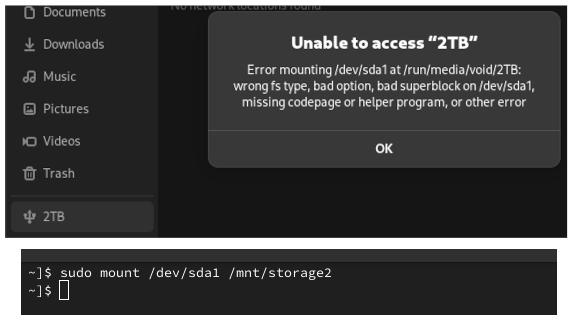https://codeberg.org/cyber-luna/lunas
Archlinux: yay -S lunas
i made a versatile syncing cli program, lunas, that's capable of syncing local to local, local to remote, remote to local and remote to remote at the same time with many input directories, with their file attributes if enabled and more. It syncs both ways but it has src/dest options that can be assigned to individual input directories
it runs locally, unless remote syncing is used then it runs peer-to-peer using libssh/sftp
It can do sync removal between different input directories, meaning if u want to remove a file/directory that you don't want to sync back to other directories, you can "lunas -rm file" for local or "lunas -rrm user@ip:/path/to/dir" for remote and then use the option "-cr Y" while syncing to remove it from every other directories, or simply don't use this option and it should be ignored without removal, or "-cr S" and it should be synced back to the directory it was removed from, IF it was found in one of the other directories
it has an optional config file for defining presets for easier syncing instead of writing them each time in the cli
there are more options to it which can be found in the --help or in the man page for more details
a simple usage of lunas can be like this
lunas -p dir1 -p dir2 --dry-run
lunas -s dir1 -d dir2 -d dir3 -rd user@ip:dir4
lunas -r user@ip:dir1 -d dir2 -dr
lunas -rs user@ip:dir1 -d dir2 -cr Y
lunas -rd user@ip:dir1 -s dir2
lunas -p dir1 -p dir2 -p dir3 -p user@ip:dir4 -p user@ip:dir5
p: local path r: remote path , both of them are source and destination
s: source local path d: destination local path
rs: source remote path rd: destination remote path
-dr/--dry-run: outputs what would be synced without actually syncing them
-cr/--confirm-remove Y: confirms the sync removal as explained previously
